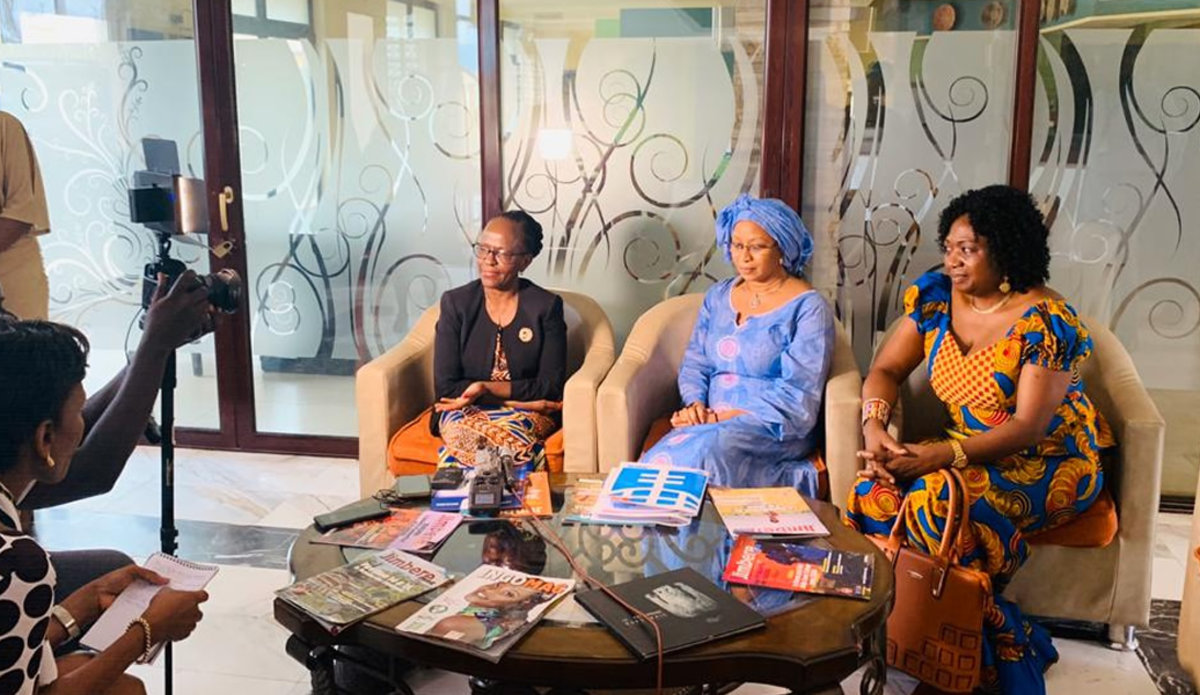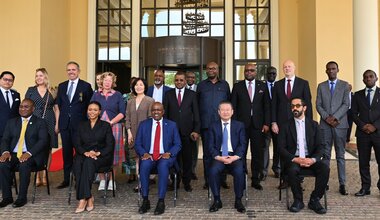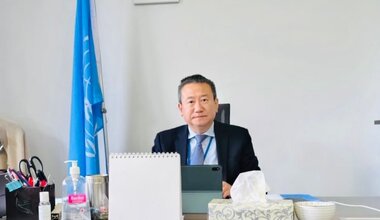Advisory board on women, peace and security embarks on Burundi mission ahead of presidential election
Nairobi, March 3, 2020 – The Advisory Board on Women, Peace and Security in the Great Lakes Region organized a three-day trip to Burundi on March 2, 2020 as part of its solidarity missions with countries and people preparing for elections.
Burundi is due to hold presidential elections in May 2020, two years after it held a constitutional referendum that sought to extend presidential terms from five to seven years.
The mission is in line with the Goma Declaration of July 2016 on Women, Peace and Security, and the decisions taken by the Heads of State and Government of the region at the Regional Oversight Mechanism meeting held in Brazzaville, Republic of Congo, in October 2017.
This month’s mission will be a follow up on previous missions organized in 2018 in Burundi, the Democratic Republic of the Congo (DRC), the Central African Republic and South Sudan. The missions sought to make a sustained plea for increased participation of women in decision-making bodies, their full involvement in conflict prevention, management mechanisms, and participation in political processes at both national and regional levels.
At the end of these visits, the States made a firm commitment to strengthen reach the minimum 30% quota for women by the year 2020, and to put in place follow-up mechanisms to Security Council Resolution 1325 on Women, Peace and Security, given that the year 2020 will mark the 20th anniversary of the 1325 Resolution and the 25th anniversary of the Beijing Declaration and Platform.
Discussions during these missions focused on the need for women to participate in decision-making and for authorities to integrate women into democratic and peace processes, the prevention and elimination of sexual and gender-based violence.
The discussions also sought to enhance women's social and economic empowerment and capacity building at the national level. Emphasis was placed on legislative reforms at the State level to comply with the international legal instruments to which countries had subscribed and acceded. The outcomes of the solidarity, monitoring and advocacy missions showed a significant improvement in women's participation in decision-making, although much remains to be done.
Burundi has joined some countries in the sub-region—Angola, Rwanda, Sudan and Tanzania—which have already reached or surpassed the threshold of 30% of legislative seats reserved for women.
 UN
UN





